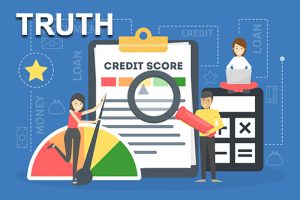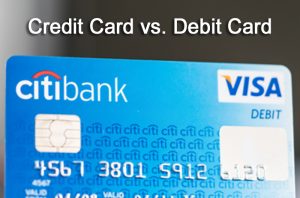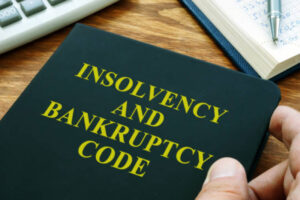Most Americans start their adult life with their official initiation into the world of personal finance (or should we just say debt?) … via student loans.
Then as we graduate from school and enter the workforce, we tend to assume more debt as we are initiated into the world of credit cards.
That’s also the point in life that we learn that our level of responsibility and trust as adults starts being measured by the so-called gods of credit.
That’s when I learned that from the time we took on a student loan all through our deathbed, our creditworthiness is measured by a credit score. This credit score is something you really have to take care of if you plan to buy a car, a house, get a home equity, or get more credit cards.
And yes, the lure of credit cards. Doesn’t it feel like it’s the key to easy spending?
No wonder, most Americans are just so burdened with debt.
Did you know that the average American household carries an average credit card balance of $9,333?
What is more disturbing is the fact that households with the lowest net worth (zero or negative) hold an average of $10,308 in credit card debt.
Credit cards are a double-edged sword. You have to learn to use it wisely to build your wealth.
If you succumb to the dark side of credit card use, getting back can be a tough journey.
Here are some credit card traps that you really have to avoid no matter what.
4. Paying only the monthly minimum required.
Sure, it appears that banks are doing you a favor by allowing you to just pay a minimum amount during each billing cycle. However, this really works in their favor.
The more balance you leave on your card, the more interest they can charge you.
If you cannot pay the balance off in full each month, try to pay as much as you can in order to reduce the interest you will have to pay. In the long run, this will help reduce your overall interest charges and help you manage your debt load.
3. Using the ever convenient cash advance.
Sure, credit card cash advances can provide you with convenient, instant cash when you need it most.
However, that convenience comes with a catch.
Cash advances from credit cards are the costliest money you can ever borrow.
Cash advance rates are often several points higher than purchase rates. They normally range from 20% to 25%.
This is really way higher than the average purchase rates of 11% to 14%.
Furthermore, you normally do not get a float on these transactions plus an extra fee is added on to your regular interest charge.
Ouch!
2. Taking advantage of credit card checks.
Credit card companies will tempt you on a regular basis with those credit card checks that you receive in the mail.
Beware!
Those credit card checks for balance transfers or to pay off purchases are usually treated as cash advances.
Sure, they may be an easy way to purchase things or get hold of extra spending money. However, again it comes with a catch.
The rates that you will be charged with can be usurious rate plus, banks will also add some transaction fees to it.
It’s as costly as using cash advances. Simply just avoid them.
1. Getting lured into “premium” card offers.
Do not be lured into getting those “premium” cards such as those Gold, Silver, Platinum, or “whatever metal name they can call them” cards.
The only significant premium that you will get is the extra amount that you will have to pay in terms of higher annual fees.
Besides the fancy look of the plastic card and the so-called prestige that comes with brandishing one in front of other people, the benefits you get from it are really not worth it.
However, if image is more important to you more than anything else, then be my guest and get yourself a one of those fancy, “prestige-laden” premium cards.
Disclaimer: The information provided in this article is for educational and informational purposes only and should not be construed as financial, legal, or professional advice. While efforts are made to ensure accuracy, the content may not reflect the most current legal or financial developments. No representations or warranties are made about the completeness, reliability, or accuracy of this information. Results may vary. Using any information provided is solely at your own risk. Consult with a financial advisor or attorney for specific advice tailored to your situation.














